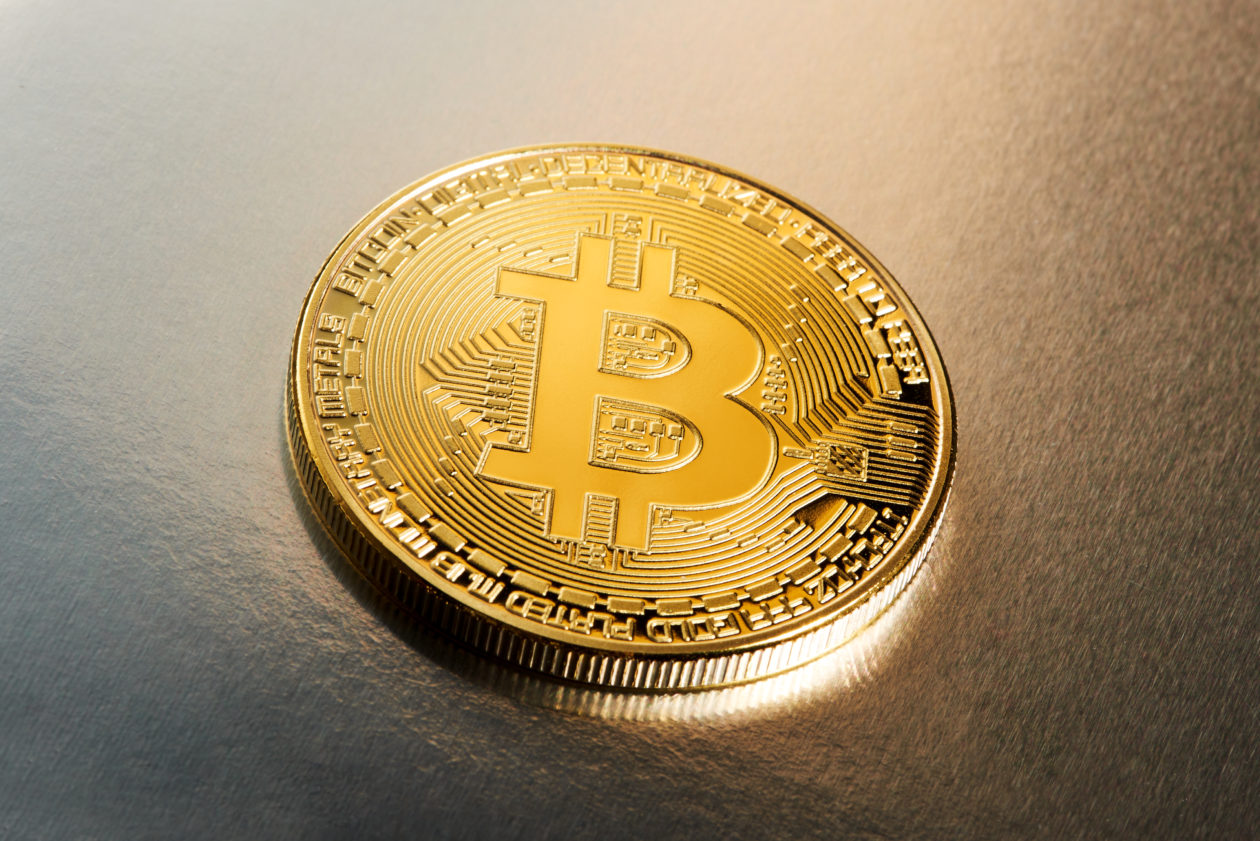One month after allowing a Bitcoin futures exchange-traded fund to trade on the New York Stock Exchange, which sent BTC prices to an all-time high, the U.S. Securities and Exchange Commission rejected a Bitcoin spot ETF, briefly sending Bitcoin prices down on Friday.
Fast facts
- On Nov. 12, the SEC released a long-awaited decision that rejected a proposal to allow Van Eck, a global ETF investment management firm, to list the Van Eck Bitcoin Trust ETF. The disapproval order sent the price of BTC briefly down to $62,353, but within hours BTC had recovered to prior levels of about $64,500, according to Coingecko.
- In its disapproval order, the SEC explained that allowing the fund to trade would not be consistent with “prevent[ing] fraudulent and manipulative acts and practices” and “protect[ing] investors and the public interest.”
- A Bitcoin spot ETF would track the price of actual Bitcoin, but a futures ETF is a derivative product that tracks Bitcoin futures contracts.
- The ruling was not a surprise. Todd Rosenbluth, head of ETF and mutual fund research at independent investment research firm CFRA Research, told Forkast.News: “The SEC has been consistent that it views a spot Bitcoin ETF as not protecting investors from fraud or manipulation. That remains a high hurdle to overcome and likely means it could be a while before any spot ETF is approved in the U.S.”
- A month earlier, ProShares Bitcoin Strategy ETF, a Bitcoin futures ETF, began trading on the NYSE, sending the price of BTC to a then-all-time high above US$67,000 the next day.
- So why would the SEC approve a derivative product and not one that tracks actual Bitcoin? Alma Angotti, partner and global legislative and regulatory risk leader for global consulting firm Guidehouse, said, “The underlying market is not as regulated in the crypto space as derivatives are.” She told Forkast.News a Bitcoin spot ETF would likely have fewer fees and therefore be cheaper and more attractive to investors, but very volatility of Bitcoin prices makes the SEC hesitant to open the door for such direct investment.





